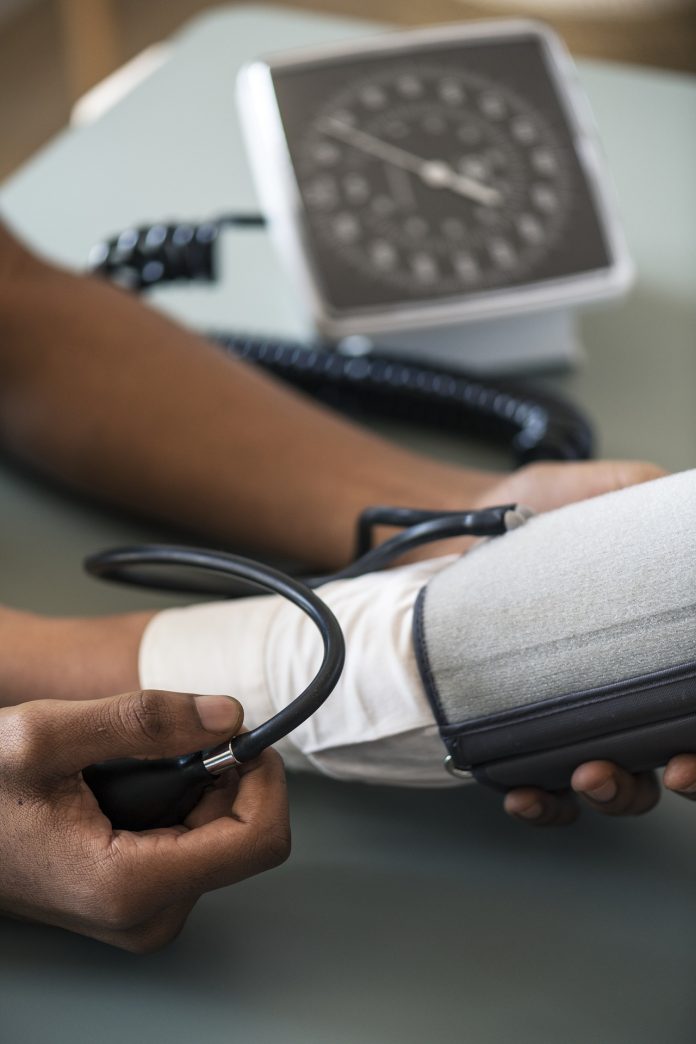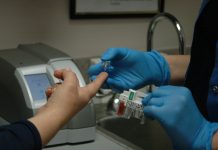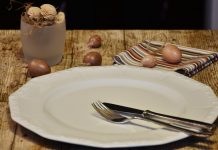
I have high blood pressure, diabetics, 1st signs of kidney disease, also have had RNY I am wondering which is the best one to follow by eating right.
Follow all as they have a lot in common. I would highly suggest you ask your doctor to refer you to a dietitian who can read your medical chart. Your blood and physical measurements (weight, blood pressure) for these 3 diseases are critical feedback on how well you are reducing the long-term complications of all.
In the meantime for diabetes, focus on eating a moderate serving of meat, poultry, fish, and eggs. With beginning stages of kidney disease, your protein does not need to be restricted below your RDA (Recommended Dietary Allowance) but you shouldn’t overeat protein foods as your kidneys are having difficulty keeping protein in your blood and are letting some protein spill out in your urine. You need 56 grams of protein a day or approximately 2 glasses of milk and two 3 ounce portions of meats.
With diabetes, it is important to count carbohydrates in food. One serving of starchy foods (bread, potatoes, rice, pasta), 1 serving of fruit or 1 serving of milk has 1 carbohydrate serving (formerly called diabetic exchange) with approximately 15 grams of carbohydrate. Generally, people with diabetes can eat 2 carbohydrate servings at a meal and 1 as a bedtime snack depending on your calorie goal and whether or not you need to lose weight.
For high blood pressure (which is also affected by your kidneys), don’t add salt at the table and avoid salty foods like ham, bacon, lunchmeat, sauerkraut, salted chips, and snack foods, etc. While you can cook with some salt, do measure the salt you put in food to the amount in a recipe. If you want, there are recipe software programs that will provide a nutrition analysis including salt content as well as carbohydrate and protein. Make sure you eat 2 servings of calcium a day like milk or cheese which would need to be included in your daily protein. If your kidney disease progresses, you may also need to limit sodium even more.
Fruits and vegetables are healthy additions to your eating plan as long as your potassium has not been restricted due to kidney disease. Bananas and citrus fruits are high in potassium as well as vegetables like potatoes and dried beans including soybeans.
I would encourage you to start recording your weight daily as it will give you feedback not only on your weight but also if you start retaining fluid due to kidney disease. Also, pay attention to any swelling in your feet. Your heart has to pump blood uphill from your feet to your heart and some people with high blood pressure and kidney disease can retain fluid especially in their feet.
You would do better following the appropriate nutrition therapy IF you cooked from unprocessed ingredients at home so you know how much salt or sugar is in the food you eat. Do be careful eating out as many restaurants use more salt in their cooking.
Not sure what you mean by RNY other than a Rolux-En-Y stomach bypass for being overweight. That adds to the complexity of your nutrition therapy. People who have a gastric bypass operation are encouraged to eat 6 small meals a day as overeating can cause vomiting. If you mean something else by RNY, please reply.
You definitely need to make an appointment to see a dietitian and perhaps the dietitian you saw during your RNY bypass operation would be familiar with your medical history. A dietitian could combine all your medical diagnoses into 1 simple eating plan.



